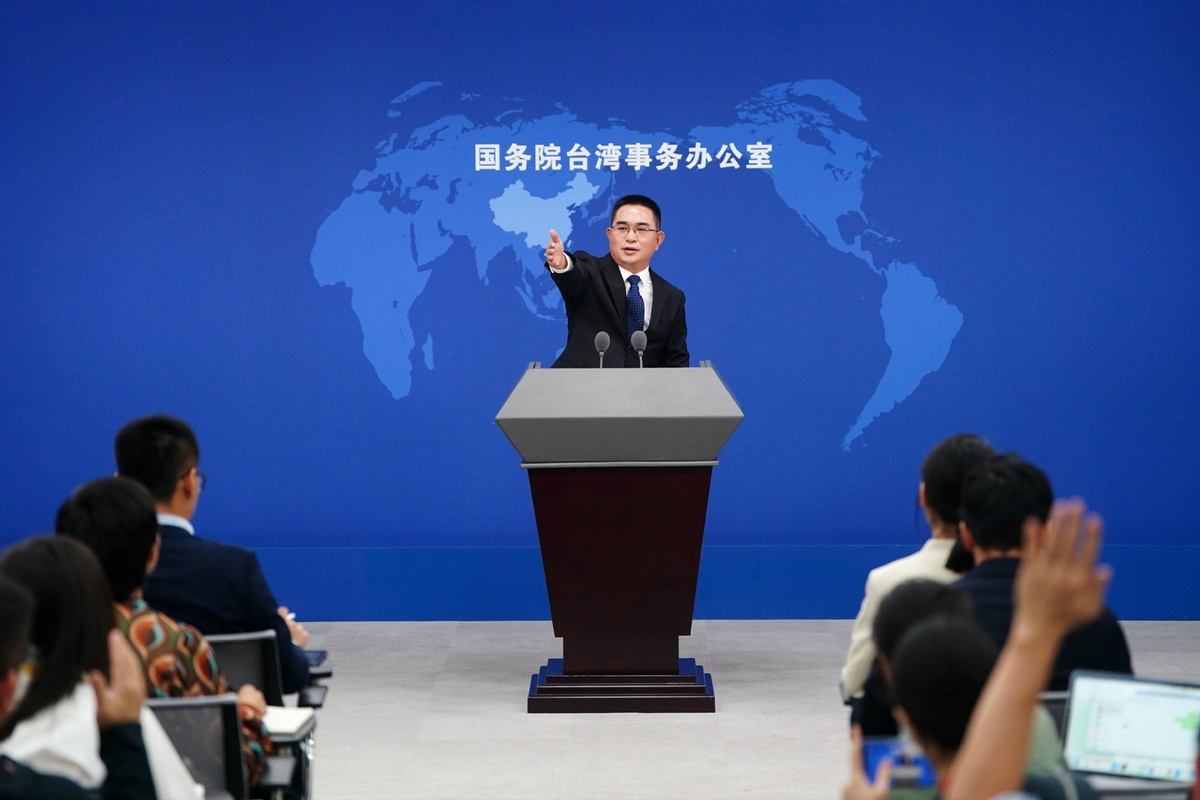Chinese mainland to take legal action against smear campaigns


The Chinese mainland will take legal action against Taiwan political commentators spreading rumors to smear the mainland, Chen Binhua, a spokesman for the State Council Taiwan Affairs Office, said on Wednesday.
In recent years, certain political commentators from the island have been fabricating and spreading rumors, including that mainland people cannot afford tea eggs, which often fuels opposition between netizens on both sides of the Taiwan Strait.
Chen said that some commentators from Taiwan have disregarded the facts of mainland development and progress, deliberately fabricating false and negative information about the mainland and widely disseminating them through television, the internet, newspapers and other media outlets.
He named five such Taiwan commentators, including Edward Huang who has mocked that mainland residents cannot afford "zhacai", or pickle vegetables, a cheap common food, at a Taiwan talk show program, as well as Wang Yi-chuan who claimed that there are no back rests on mainland high-speed trains.
"Their erroneous statements have misled some people in Taiwan, fueled hostility and opposition between both sides of the Strait, and harmed the feelings of compatriots," Chen said, adding that the mainland will take legal measures to sanction the five individuals and their families.
"Silence and indulgence toward evil are injustices and harm to goodness. Public opinion is not beyond the law. Any act of fabricating and spreading rumors, disrupting social order, and harming the honor and interests of the country will be punished by the law," he said.
- China's 2025 box office surpasses 2024's full-year gross
- Standing on deck, feeling proud: Hong Kong residents tour PLA ships
- China's railway passenger trips hit record high on National Day
- Xi leads efforts to build strong China as people's republic turns 76
- Scientists warn of hidden mercury threat in ocean due to human activity
- Tianjin Uni celebrates 130th anniv. with focus on innovation




































